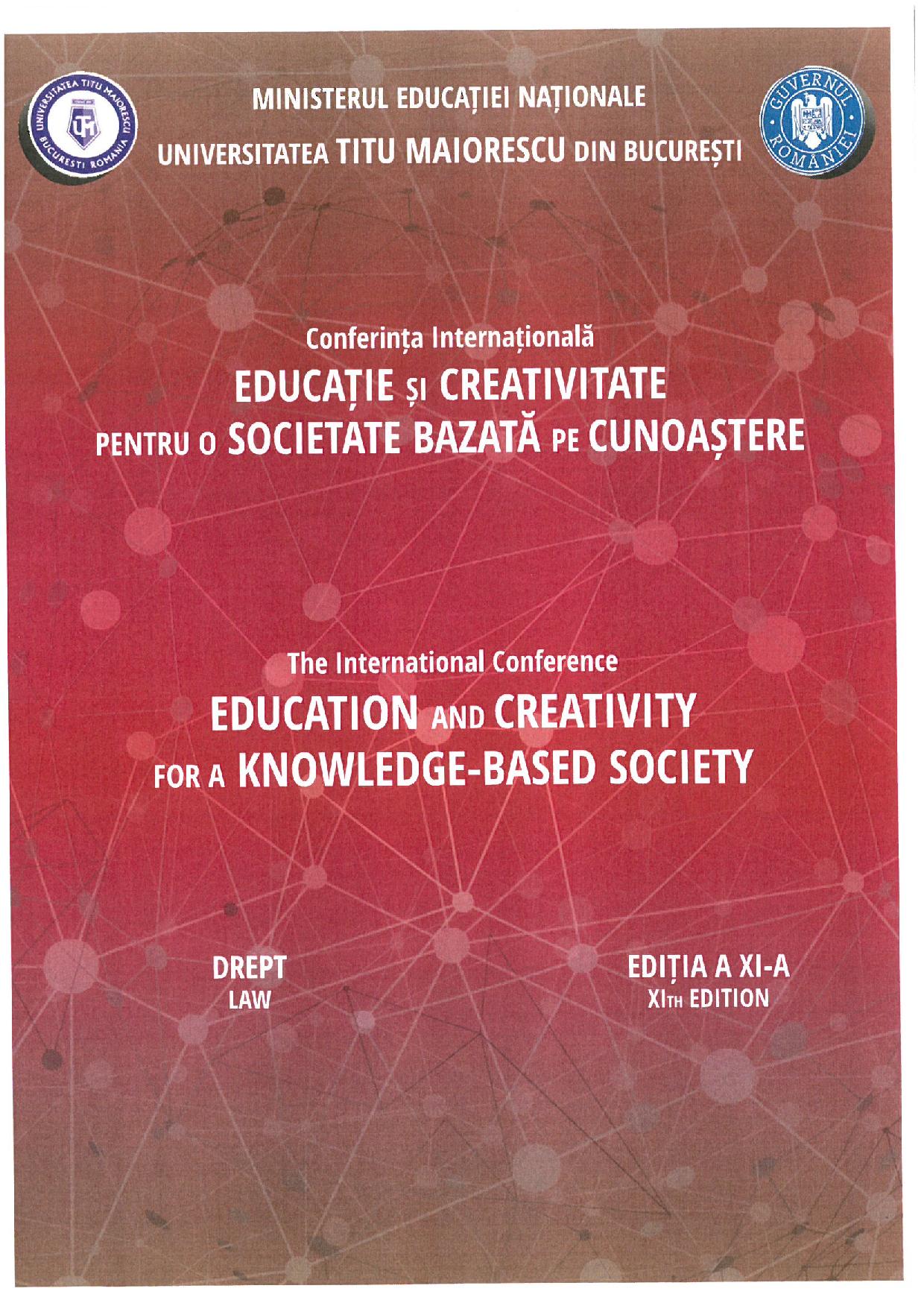
THE RIGHTS OF ROMA WOMEN WITHIN THE EUROPEAN UNION : CULTURAL AND LEGAL APPROACHES
The juridical protection of Roma women entails certain peculiarities given the fact that, within the membership community, patriarchal structures deny women’s rights as human rights whereas within the main community, Roma women are subjected to multiple discrimination. The Roma community applies customary practices that are contrary to women’s rights thus pursuing to maintain the identity of the community by refering to the main culture. From this fact derives the antagonism of women’s rights (as individual rights) and the rights of the Roma community. In the present paper, we aim to study the cultural peculiarities of the Roma community and the manner in which these peculiarities concretly affect women’ rights. Likewise, we will extend the framework of analyses upon the initiatives of the main European institutions (the Parliament and the Commission) in the matter of the rights of Roma women. In this regard, we observe two shortcomings : (1) the European disquisitions aim to ensure the protection of Roma people – as an ethnical/national minority, approaching in a subsidiary and marginal manner the issue of women’s rights; (2) the European disquisitions approach in a global manner the discrimination phenomenon, without particularly analysing the implications that culture brings in the field of the rights of Roma women. From a methodological point of view, the hemeneutical method is dominant because within the section intended for the cultural analysis and also within the section afferent to legal provisions, we will advance personal reasoning and methods of interpretation.
More...

